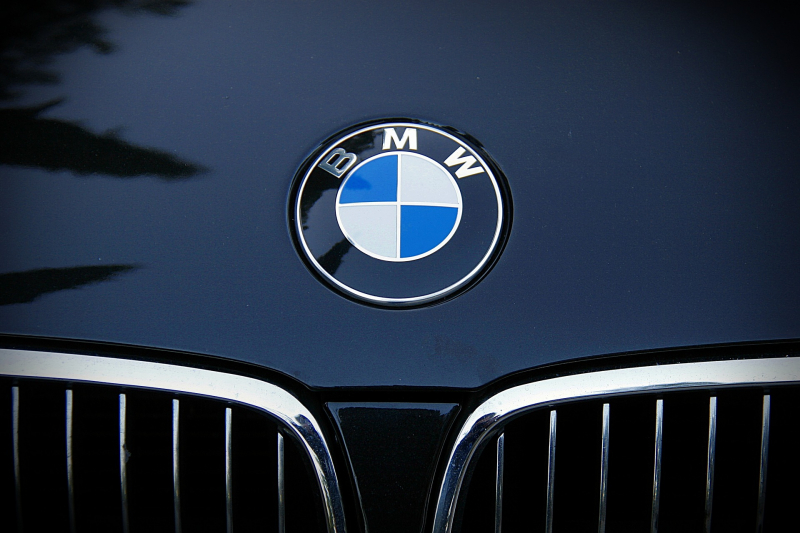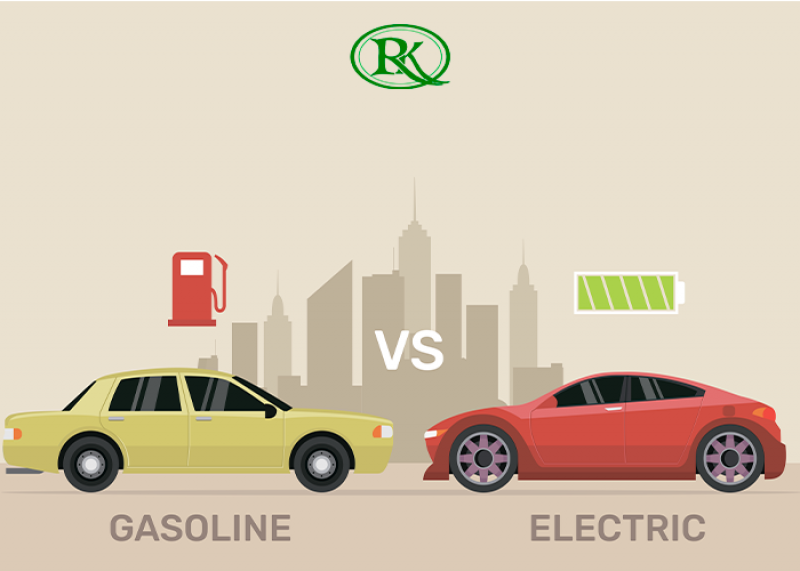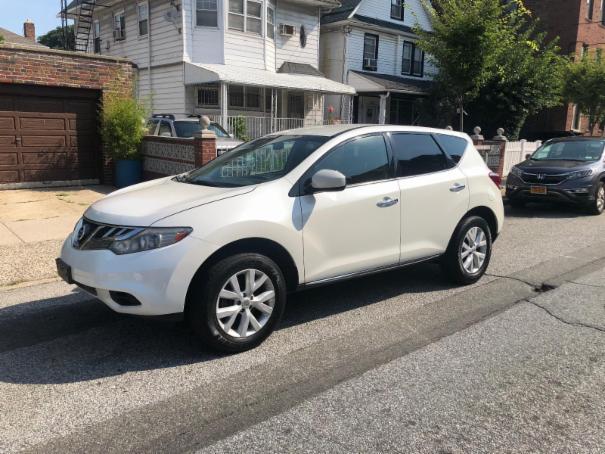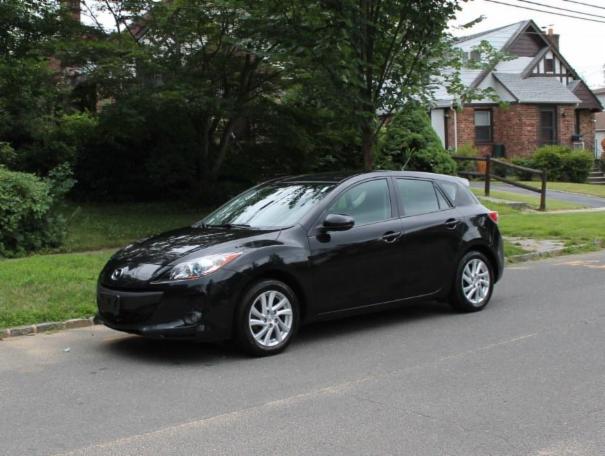
Just 200,000 plug-in electric cars were sold in the U.S. last year. Although that's the highest number yet, it's still just a little more than 1 percent of the market. Nowadays the general car-buying public at large is aware that EVs exist, but most of them consider that electric cars are not viable and practical.

According to the recent data from California, the state's buyers are no more aware of electric vehicles than they were three years ago, when far fewer of them were available. This makes electric-car advocates worry that growing electric-car sales will arrive only through "regulatory forcing" rather than genuine consumer demand. Green Car Reports asked their Twitter followers what it would take to get more mass-market U.S. buyers to consider plug-in electric cars for future vehicle purchases. Four options were offered in their Twitter poll. They expected at least two of them to get support from poll participants, but that didn't happen. Instead, more than half of respondents (53 percent) chose "lower prices" as the one factor that will get more buyers interested in cars that plug in.

That is entirely consistent with what survey data tells us about how shoppers approach choosing what's called a "consideration set" of vehicles to compare. Anything with a base price (or monthly payment) above their range is automatically excluded — which is why low-payment, high-interest monthly lease deals have grown in popularity. In other words, until electric vehicles are within some measure of the same price as comparable gasoline vehicles (perhaps 10 or 15 percent?), many buyers will simply blank them out.












